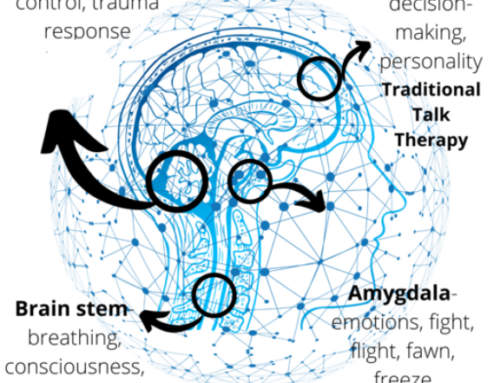Every year we make New Year’s Resolutions. And every year most of them are never met. Why is it that New Year’s Resolutions don’t work? I made one myself a month ago… and it’s easier said than done.
1. We have just barely survived the holidays and need a little rest.
The holidays can be stressful and/or a lot of work. There is a lot of intensity, and most of us crave some quiet and peace instead of ambitious self improvement. Personally, I think the dead of winter is better suited to hibernation, to laying low, resting, and enjoying downtime. Perhaps the spring is a better time to get energized about new beginnings. On the other hand, winter is a nice time to shed old habits that aren’t serving us and to pare down. What are your thoughts?
2. We make goals that are too big and unrealistic.
Usually a resolution is a broad, sweeping statement. It is rarely broken into smaller, more manageable steps. When we make a vague, overwhelming goal, we are almost inevitably setting ourselves up to fail. I will share more about the difference between resolutions and smart goals in my next post.
3. We pick goals that we are ambivalent about.
I’m guilty of this myself. For example, I would like to eat (and have my family eat) less refined sugar. Rationally, this is a wonderful goal. I have many reasons why it would be good to eat less sugar and why we would all feel better if we cut out sweets. But sweet treats are delicious! I can think of countless reasons/recipes that just beg to be eaten.
In therapy, I think about what “stage of change” a person is in. Often times, people come to counseling because there is a change they are considering making, but are somehow unable to manifest. I like to look at what stage the person is in. Are they in which of the following:
- Pre-contemplation: Unaware of a problem or the need for change.
- Contemplation: Considering making a change, but perhaps ambivalent about it/going back and forth.
- Preparation: Having decided to make a change, taking steps towards doing it.
- Action: Actively pursuing change and doing the work needed.
- Maintenance: Having achieved change, ensuring lasting change and preventing relapse into old patterns.
In addition to providing therapy, I also supervise other therapists who are not yet independently licensed, whether they are still in graduate school, or graduated and working on their hours. Regularly, one of the therapists comes to me and says, “I don’t get it! My client says they want to get better. But I’ve told them how to do it and they aren’t doing it. Why are they so resistant?”
“Resistance” is a fancy term therapists use to say that a client isn’t doing what we want them to do. Therapists say it when they are frustrated, and unfortunately, clients sometimes pick up on it and feel like therapy isn’t working. Frankly, it is patronizing to our clients. There may be good reasons why someone isn’t blindly following your advice!
According to Miller and Rollnick (2012), “resistance” is a sign that the therapist and client are in different stages of change. If most clients are in contemplation, then most therapists like to be in the action stage. But imagine telling a therapist that you are wondering if it might be helpful to cut down a little on drinking, and they respond by telling you that you need to check into rehab, even though you aren’t nearly at that point. It would feel off, right? But neither would you want a therapist to minimize your concerns and say there is no problem.
Therapy is all about facilitating change, about helping people help themselves. And that works best when the client and the therapist are on the same page.
Anyway… me and sugar? Well, I will probably sit a little longer in contemplation. I might make some baby steps and try out some small steps, just to see how it goes. But to say that we will all of a sudden cut it out completely isn’t realistic. But perhaps I might consider it as a goal!
Share: Do you think New Year’s Resolutions Work or Don’t Work?
image credit: made in canva using a photo from unsplash







I love how you’ve laid these stages out! I can so relate to this and why some resolutions have not come to fruition and also why some therapists have not worked out for me.
Thank you for sharing your experiences, Joann! I hope you continue to surround yourself with positive people who encourage and motivate you to continue your amazing work!